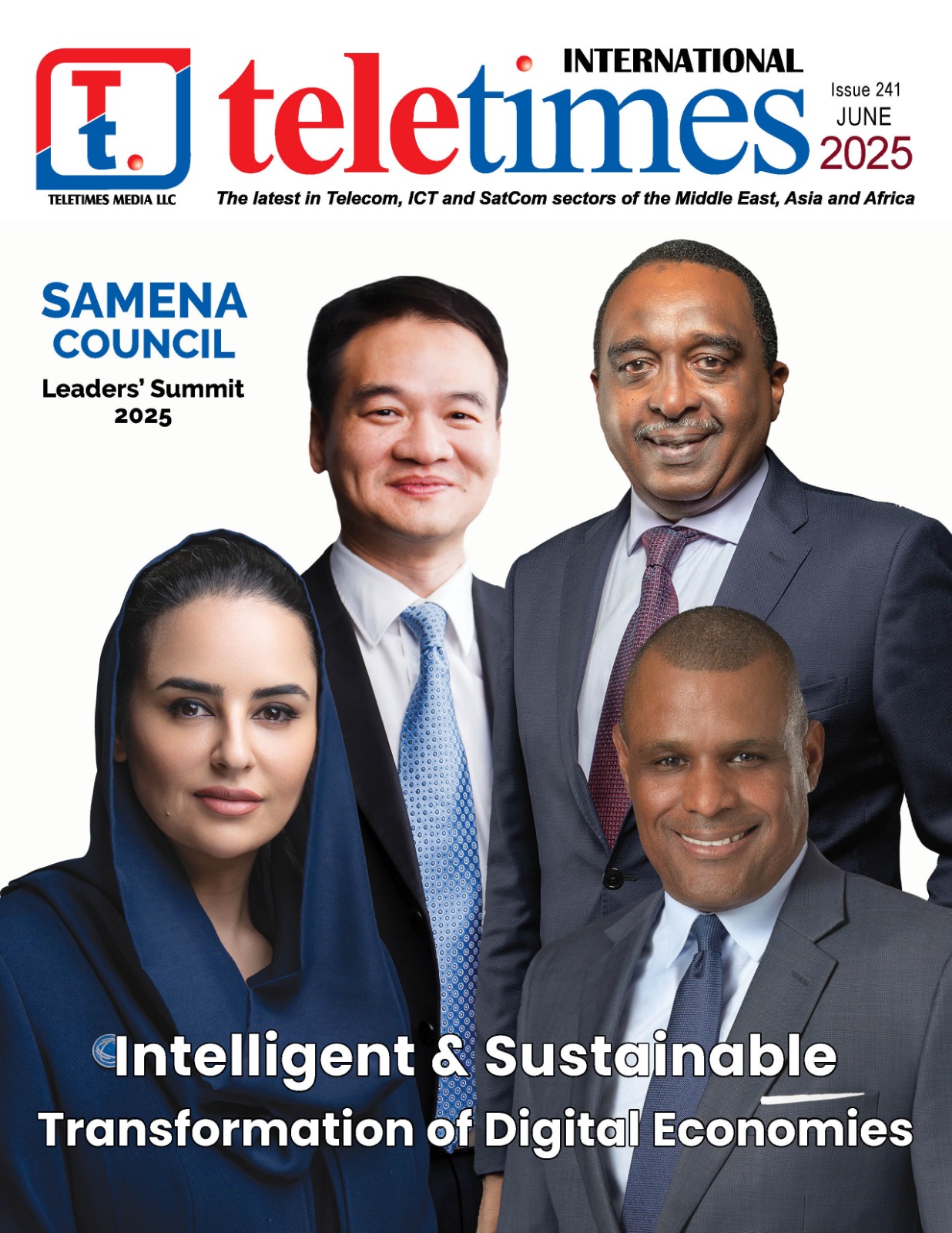By: Khalid Athar
Although the world has depended more on ICT infrastructure than ever before during the turbulent times of 2020, it has also been one of the most sensitive periods for the industry in political terms. Governments are well aware of the profound benefits that digital infrastructure can bring to their economies and societies. But where there is an opportunity, there is competition—and it is not always fair.
The stark reality is that the last few decades of technology R&D by Asian companies—perhaps most notably seen in the case of Huawei—has left traditional powerhouses feeling threatened. One of the most fascinating insights on this trend was actually put forward last year by former US House Speaker and Republican politician Newt Gingrich. In his book Trump vs. China: Facing America’s Greatest Threat, he was one of the early and most vocal proponents that most of the technology issues America now blames on China are actually of its own making. It has become a fully-blown “geostrategic contest”.
And at the heart of the issue? Education and research, according to Gingrich. He cites how it is not China’s fault that “too few Americans in K-12 and in college study math and science” to fill graduate schools with future American scientists. Nor is it China’s fault that, when faced with a dramatic increase in Chinese graduate students in science, that “the old, bureaucratic, entrenched American telecommunications companies” had failed to develop a global strategy for 5G over the decade that others had been working to become world leaders. Companies like Huawei, Gingrich reports, have thus led by “offering far better prices…while providing better service and fielding more advanced equipment”, which has in turn resulted in China being “best positioned to win” the emerging global race to roll out 5G mobile infrastructure.
For better or worse, the US administration now recognizes that American companies are not in the 5G race along with Chinese companies like Huawei. Moreover, the real 5G issue at this point in 2020 is less about cybersecurity and more about economic influence. US Secretary of State Michael Pompeo only underscored this by saying that Europe “needs to get” Huawei “out of their system” as part of ensuring “that the next century remains a Western one”[1]. The security argument also lost steam this August when Huawei’s 5G wireless and core network equipment passed the GSMA’s Network Equipment Security Assurance Scheme (NESAS), an exercise specifically designed to help promote the development of the mobile communications market[2].
While geopolitics continue to play out, unfortunately, it is the wider ICT ecosystem that is suffering. SEMI, the industry association serving the global electronics design and manufacturing supply chain, just released a statement in response to the new export control rule changes announced by the US Commerce Department. It notes how the rule changes will ultimately undermine US national security interests “by harming the semiconductor industry…creating substantial uncertainty and disruption in the semiconductor supply chain”[3]. Meanwhile, The Internet Society—an organization dedicated to ensuring that the internet stays open and transparent—has noted how the US Clean Network Program, while meant to safeguard citizen’s privacy, is now considering policies that would fracture the internet into pieces[4].
It would seem that, rather than pushing back on Chinese technology companies such as Huawei and even more recently WeChat and TikTok, the US Administration should be investing in its own digital future. As noted by Gingrich, “if American companies are at the forefront of developing this infrastructure, then American companies will be the ones developing the future technologies that interact with this new network.” Those that have already done so are seeing exponential returns, and will continue to reap the benefits brought on by a commitment to true education and research in the ICT field.
[1] https://www.state.gov/secretary-michael-r-pompeo-with-maria-bartiromo-of-fox-news-sunday-morning-futures/
[2] https://www.huawei.com/en/news/2020/8/huawei-5g-passes-gsma-nesas
[3] https://www.internetsociety.org/news/statements/2020/internet-society-statement-on-u-s-clean-network-program/
[4] https://www.internetsociety.org/news/statements/2020/internet-society-statement-on-u-s-clean-network-program/












